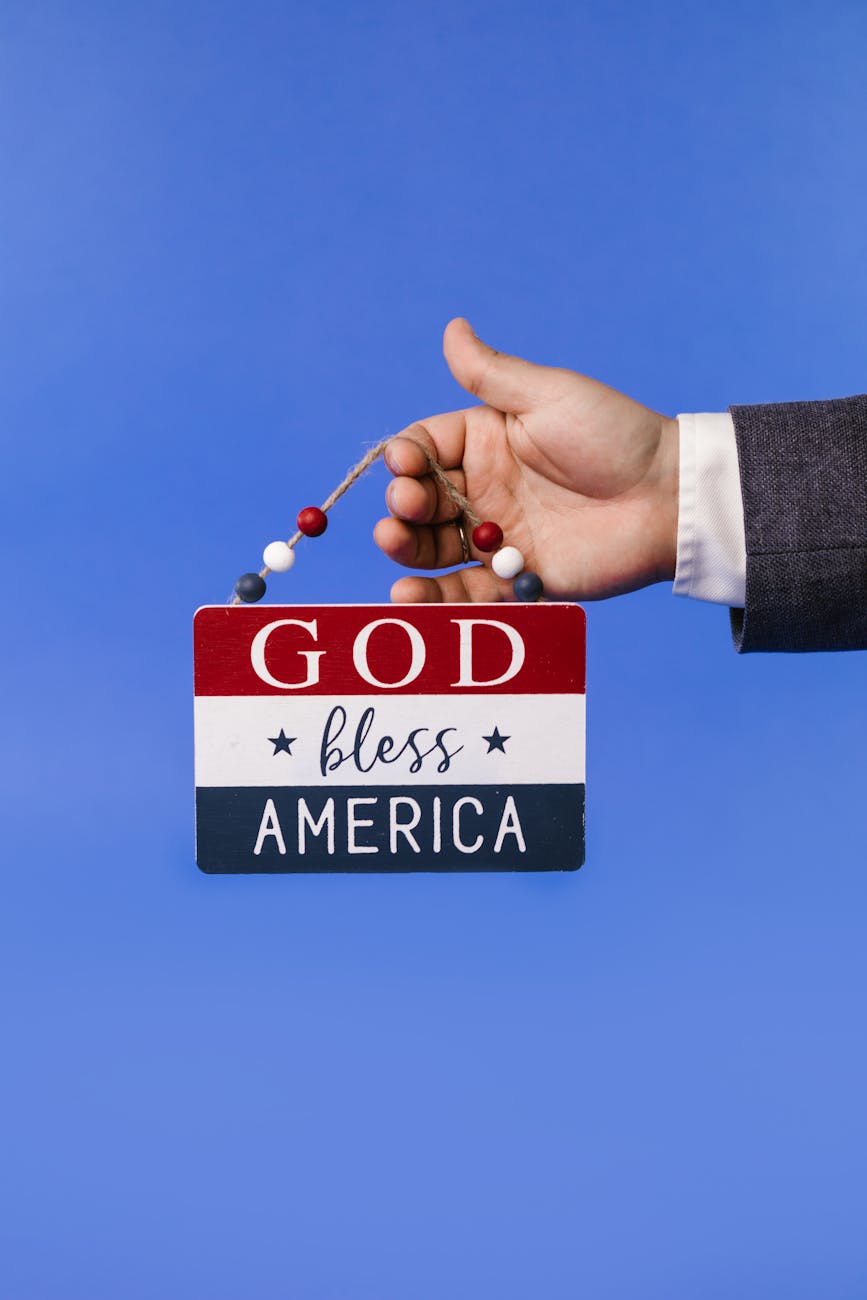Trump’s Tensions with D.C. Mayor Bowser Rise
In a bold move, President Donald Trump has raised the stakes in his ongoing standoff with Democratic D.C. Mayor Muriel E. Bowser. The President’s latest threat to retake control of the D.C. police department signals a shift in their previously cooperative relationship. While Bowser has generally been amenable to Trump’s demands, this new development could mark a turning point in how the federal government interacts with the nation’s capital. The confrontation is set against a backdrop of broader national debates on policing, immigration, and state versus federal authority, making it a focal point for various political factions.
The Context of the Conflict
This confrontation isn’t merely a battle of wills; it’s rooted in deep political divisions over immigration policy and law enforcement. Bowser’s stance on Immigration and Customs Enforcement (ICE) has often put her at odds with Trump’s hardline approach. The Mayor has advocated for a more compassionate stance on immigration and has sought to protect undocumented individuals from aggressive federal enforcement. This position stands in stark contrast to Trump’s efforts to tighten restrictions and ramp up enforcement, highlighting a fundamental ideological rift between the two leaders. The President’s latest ultimatum could be seen as a direct response to Bowser’s policies, which he views as undermining national security.
What Retaking Control Means
The implications of Trump retaking control of the D.C. police are significant. It would mean federal oversight of local law enforcement, potentially undermining local governance and the principles of autonomy that many cities hold dear. Critics argue that such a move could lead to a militarized police force that prioritizes federal directives over community needs. This could exacerbate tensions between residents and law enforcement, particularly in communities of color that have historically faced systemic discrimination and over-policing.
Moreover, the prospect of federal control raises questions about accountability and civil rights. Would local officers become agents of federal policy, enforcing laws that many in the community oppose? The dangers of such a scenario are not lost on civil rights advocates, who argue that the unique dynamics of D.C. law enforcement must be carefully preserved to serve its diverse population. The D.C. police have historically prided themselves on being responsive to local communities, and any shift towards federal oversight could jeopardize that relationship.
Bowser’s Response
As the tension escalates, Bowser has yet to publicly respond to Trump’s latest threat. However, her track record shows a mayor who values community engagement and civil liberties. In previous instances, she has pushed back against federal encroachment, rallying local support to protect D.C.’s values. The question now is whether she will stand firm against federal overreach or seek a compromise that could risk her credibility among her constituents.
Bowser’s leadership style emphasizes collaboration and dialogue, but with Trump’s threats looming, she may have to adopt a more confrontational approach. The political landscape in D.C. is never static, and this latest development could lead to a fierce battle that defines both her tenure and the future of local governance. If Bowser chooses to mobilize her constituents, she could galvanize support not only from D.C. residents but also from allies across the country who see this as a critical issue of local autonomy.
Looking Ahead
This situation is evolving, and both parties have much to lose. For Trump, retaking control could solidify his stance on law and order as a key part of his platform. For Bowser, the stakes are equally high. How she navigates this challenge could define her political legacy. D.C. residents are watching closely, and the outcome could serve as a bellwether for similar conflicts across the nation, particularly in cities where local leadership is at odds with federal priorities. This clash over law enforcement and immigration policy is not just about D.C.; it reflects broader national tensions that continue to shape the political landscape.
Questions
What steps could Mayor Bowser take to maintain local control over D.C. police?
How might Trump’s threat impact the relationship between local and federal law enforcement?
What are the potential consequences for residents if federal control is enacted?

